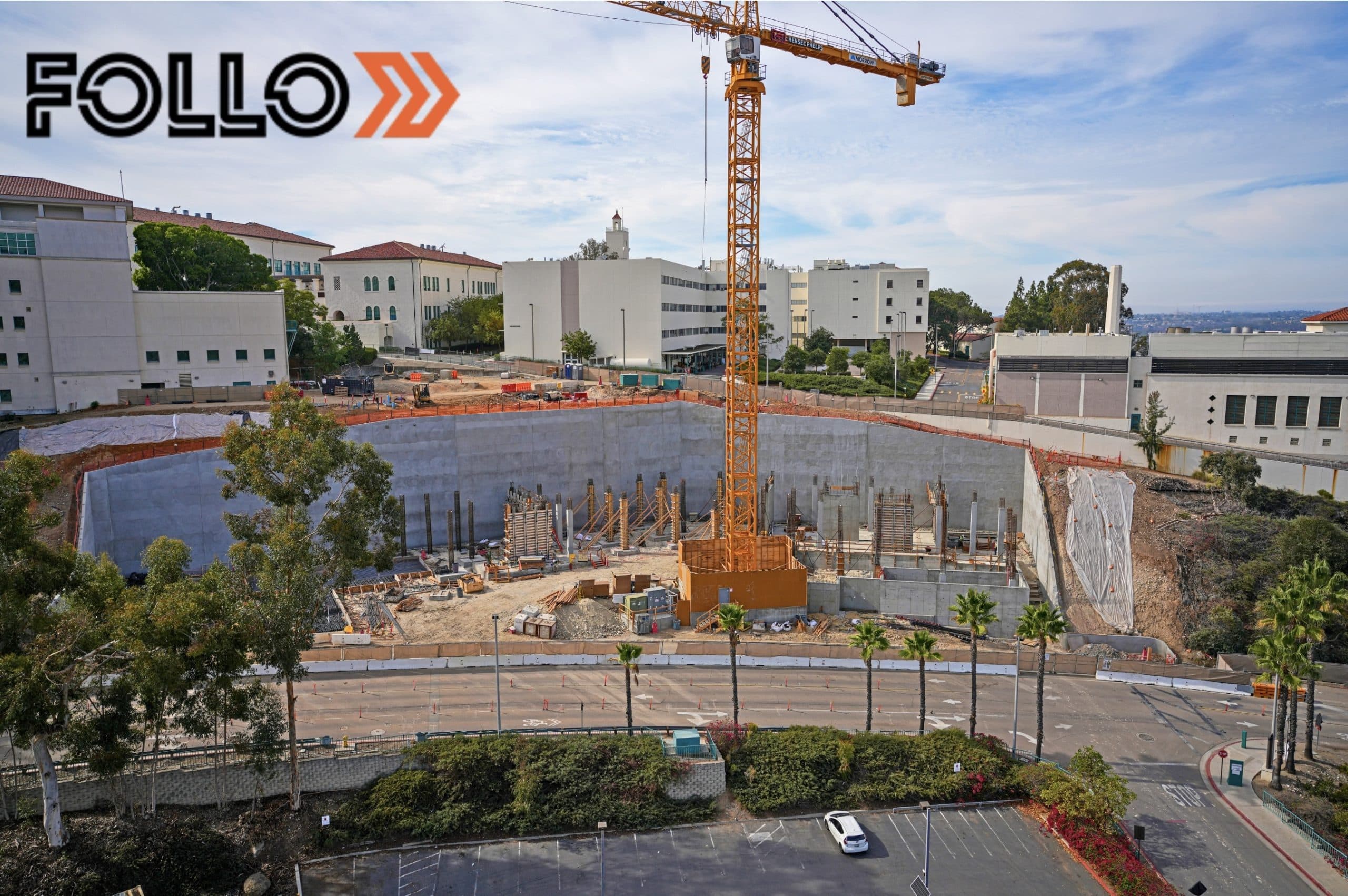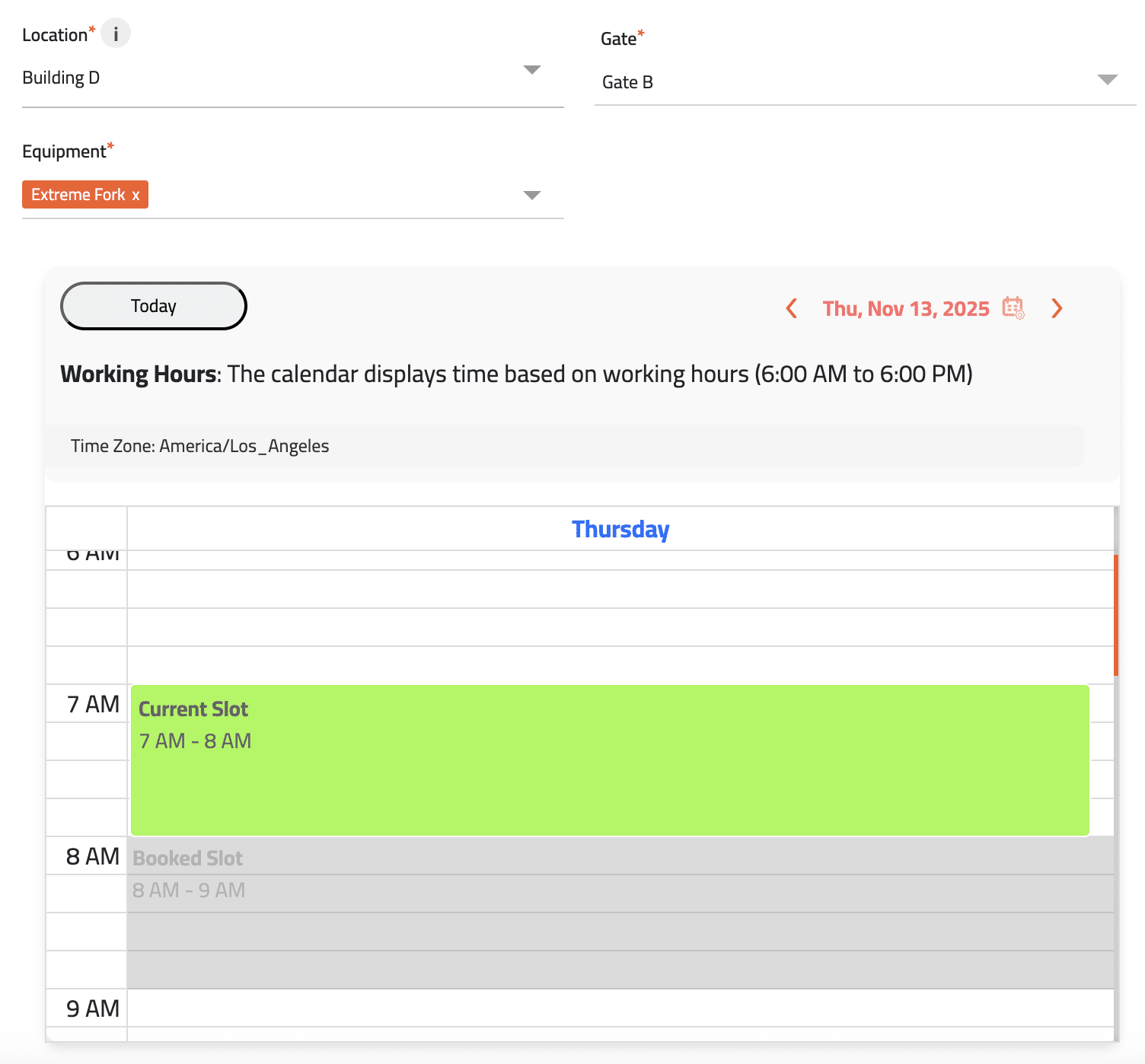Phoenix, Arizona’s climate is characterized by extreme temperatures and occasional weather fluctuations. This dynamic environment poses unique challenges for construction projects. Planning deliveries with consideration to these weather conditions is crucial for maintaining project progress. This article underscores the importance of weather-resilient delivery planning in Phoenix, offering practical tips to mitigate delays and ensure continued advancement, even in adverse conditions.
Understanding Phoenix’s Unique Climate:
- Extreme Temperatures: Phoenix experiences scorching temperatures, which can affect the handling and usability of construction materials. Plan deliveries to avoid the hottest parts of the day and take measures to protect materials from heat-related damage.
- Sudden Rainfall: Although infrequent, heavy rainfall can occur, especially during the monsoon season. Anticipate potential delays and have contingency plans in place for unloading and storing materials during these events.
- Dust and Wind: Phoenix is prone to dust storms and high winds. Ensure that materials are adequately covered and protected during transport to prevent damage and maintain safety.
Mitigating Weather-Related Delays:
- Early Weather Forecast Monitoring: Stay informed about upcoming weather conditions by monitoring reliable weather forecasts. This information can help in making proactive adjustments to delivery and work schedules.
- Weather-Resilient Packaging: Work with suppliers to ensure that materials are adequately packaged to withstand potential weather exposure during transit. This is particularly important for materials sensitive to moisture or temperature variations.
- Flexible Delivery Schedules: Maintain flexibility in delivery schedules to accommodate unexpected weather events. Establish clear communication channels with suppliers to adjust delivery times as needed.
- Proper Covering of Materials: Ensure that materials are adequately covered and protected from rain, dust, or moisture during transport and on-site storage. Utilize waterproof tarps or coverings as needed.
- Alternative Work Areas: Identify alternative work areas that may be less affected by adverse weather conditions. This allows construction activities to continue even when specific areas are temporarily impacted.
- Anticipate Seasonal Challenges: Be prepared for seasonal weather patterns, such as monsoons. Have protective measures in place, such as stormwater management systems, to ensure a safe and productive work environment.
Conclusion:
Incorporating weather-resilient delivery planning is essential for successful construction projects in Phoenix, Arizona. By understanding the unique climate considerations and implementing practical strategies, construction teams can mitigate weather-related delays and ensure continued project progress, even in adverse conditions. With flexibility, proactive communication, and strategic planning, projects can thrive regardless of the weather challenges they may face.
For more information on efficient delivery planning, visit Follo’s Delivery Calendar.

